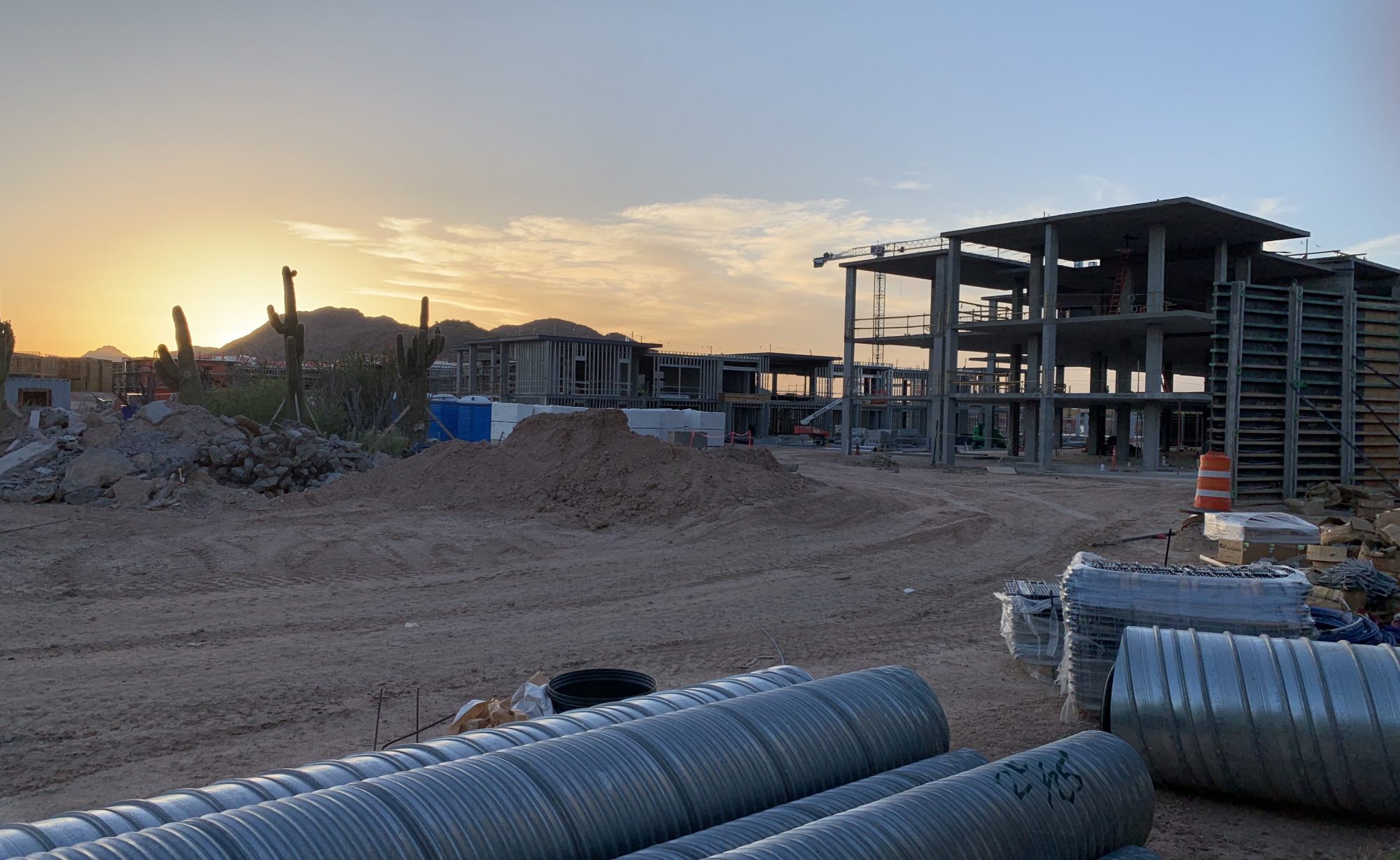
Just over a year ago, I authored a post on the Arizona Court of Appeals decision in Hatch Development, LLC, et al. v. Sol’s Construction Co., Inc., 240 Ariz. 171 (App. 2016), which addressed the concept of common law indemnification. Just recently, however, the decision in Hatch Development was abrogated by the Arizona Supreme Court’s opinion in KnightBrook Ins. Co., v. Payless Car Rental System, Inc., 243 Ariz. 422 (2018).
The Abrogated Hatch Development Decision
In Hatch Development, homeowners sought indemnification from their contractor for damages suffered by a neighbor due to a defectively installed sewer system. The court ultimately ruled in the homeowners’ favor, holding that a common law “duty to indemnify may arise in at least two alternative circumstances: First, when the party seeking indemnity has ‘extinguished an obligation owed by the party from whom it seeks indemnification,’ or second, when the indemnity defendant is ‘at fault.’” The court noted that the first circumstance was grounded in Restatement (First) of Restitution § 76. Conversely, the second circumstance, on which the Court’s decision turned, was predicated on Restatement (First) of Restitution § 78(b)(ii), which provides, in pertinent part, that a party is entitled to indemnification where: (1) he or she makes a payment on an obligation; (2) the obligation arises because of the fault of the indemnity defendant; and (3) the payment is made with the justifiable belief that the obligation was owed.
The More Limited Scope of Common Law Indemnification after KnightBrook Ins.
The issue of common law indemnity (which is also referred to as equitable indemnity) recently surfaced again in KnightBrook Ins. – albeit, in a non-construction context. In KnightBrook Ins., a car rental company’s insurer brought a federal court action against the company seeking common law indemnification based on the company’s failure to memorialize a lessee’s rejection of certain insurance. On appeal, the United States Court of Appeals for the Ninth Circuit certified the following question, among others, for the Arizona Supreme Court’s review: “whether Arizona equitable indemnity law incorporates the Restatement (First) of Restitution § 78.” The Arizona Supreme Court decided this question in the negative, abrogating Hatch Development. Specifically, the Court held that “Arizona’s equitable indemnity law does not incorporate § 78 because it conflicts with Arizona’s general equitable indemnity principles.”
In its analysis, the Arizona Supreme Court first noted that this state’s “equitable indemnity principles are consistent with § 76 of the First Restatement and § 23 of the Restatement (Third) of Restitution and Unjust Enrichment.” Accordingly, in Arizona, a “plaintiff in a common law indemnity action generally must show: (1) it ‘discharged a legal obligation owed to a third party’; (2) for which the ‘indemnity defendant was also liable’; and (3) as between the two, ‘the obligation should have been discharged by the [indemnity] defendant.'” Under this construct, “there is no ‘duty of indemnity unless the payment discharges the primary obligor from an existing duty.'”
Next, the Court declined to apply § 78 because it is an expansion—not a “refinement”—of § 76, and, therefore, inconsistent with Arizona’s equitable indemnity law. The Court was particularly troubled by the fact that § 78 “does not require an actual or legal obligation or a discharge of the indemnity defendant’s liability,” but instead “expand[s] equitable indemnity to cover ‘supposed obligations[s]’ that may be based on the payor’s ‘justifiable belief’ that he owed a duty to the third party.” In rejecting § 78, the Court was ultimately “unwilling to impose liability based on the ‘justifiable belief’ that a duty exists,” and was troubled that § 78 could prevent indemnitors from raising legitimate defenses to underlying claims.
Conclusion
While not it is technically not a “construction case,” the Arizona Supreme Court’s recent decision in KnightBrook Ins. is, nevertheless, an important decision for those in construction to know about. This is because of the frequency with which indemnification issues arise in construction, as evidenced by Hatch Development.
In sum, KnightBrook Ins. ends the relatively brief expansion of the scope of common law indemnity occasioned by Hatch Development. Arizona law does not now recognize Section 78 of the Restatement (First) of Restitution as a basis for a common law indemnity claim. Rather, all such claims must predicated upon and consistent with § 76 of the Restatement (First) of Restitution—i.e., there must be a discharged obligation to a third party for which the indemnity defendant was liable and bore more responsibility.
